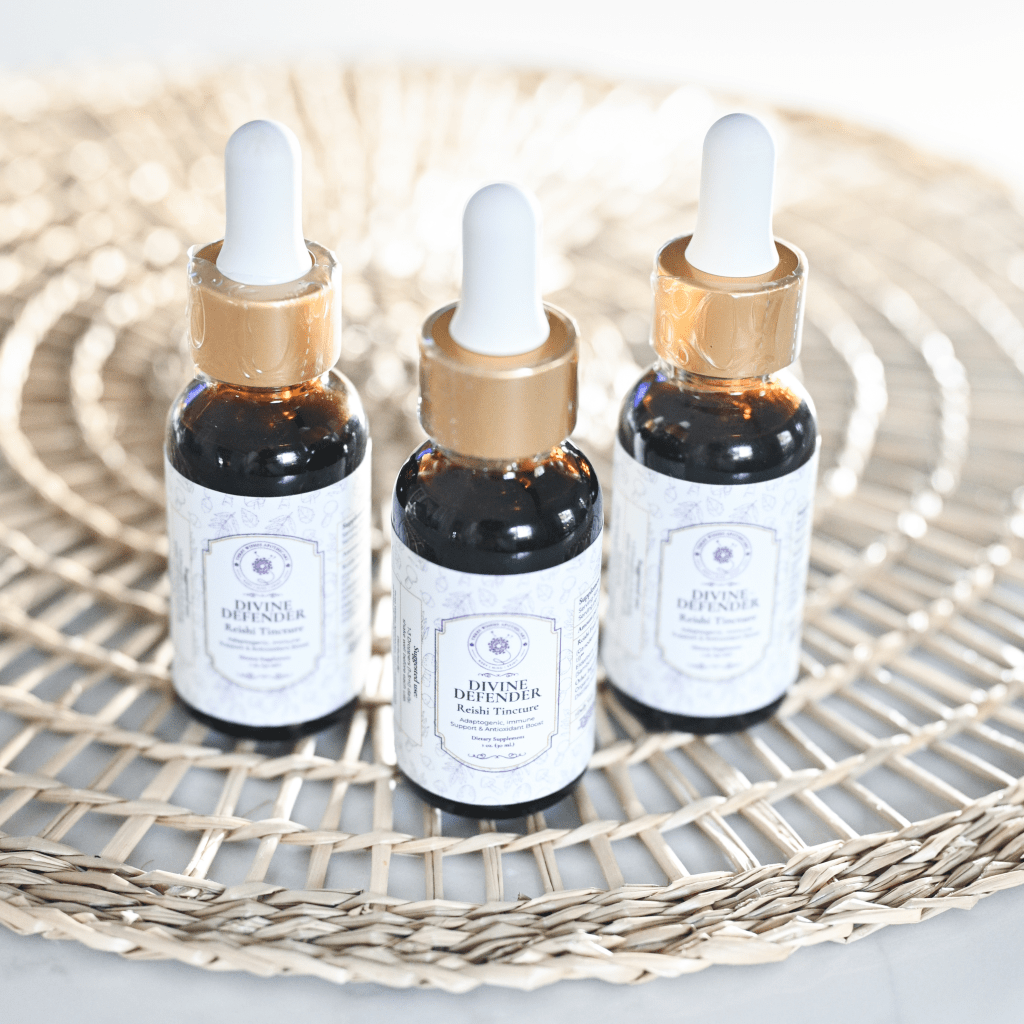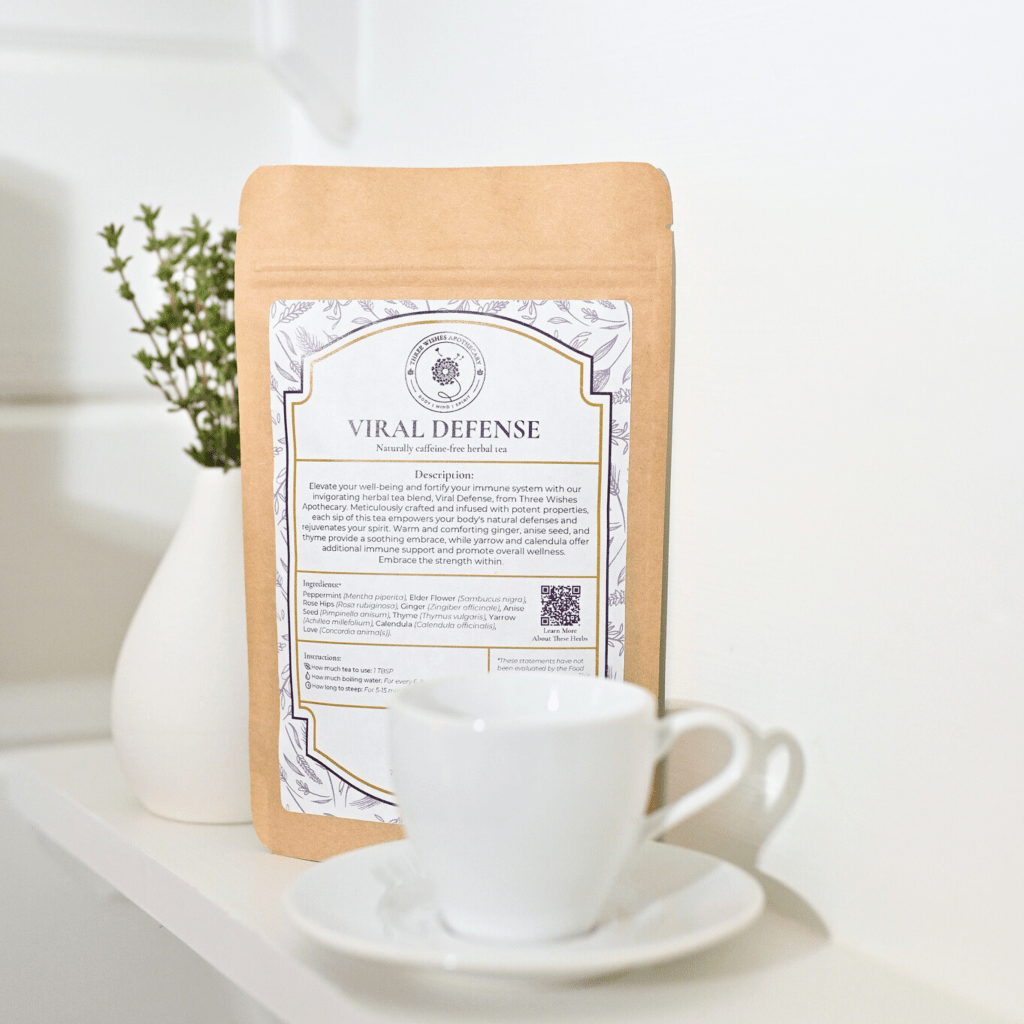Medicinal Action

Laxative
Laxatives work to ease the passage of stool and support digestive health by addressing sluggish bowels or occasional constipation. They can act in various ways, such as:
Stimulating intestinal movement (e.g., senna, Senna alexandrina).
Softening stool by increasing water content (e.g., aloe vera, Aloe barbadensis).
Adding bulk to stool (e.g., psyllium husk, Plantago ovata seed husk).
Magnesium in its various forms is widely used as a laxative due to its osmotic effect. Magnesium salts, such as magnesium citrate or magnesium hydroxide, work by drawing water into the intestines, softening stool, and stimulating bowel movements. These forms are effective for occasional constipation and are often used in higher doses for bowel preparation before medical procedures.
Herbal and mineral-based laxatives should be used mindfully to avoid dependency, and long-term issues should be addressed with a healthcare professional.




